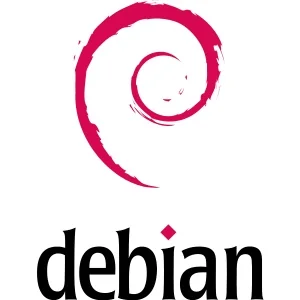LLVM's Clang Is Almost Good Enough For Debian

A Debian developer's side project has been to see how well it would work to re-build the Debian archive (the entire distribution) using LLVM's Clang C/C++ compiler rather than GCC. Apple has rated LLVM/Clang as being production-ready and it continues to find new uses, especially with the recent LLVM 3.0 release. But how well does LLVM/Clang work for building the massive Debian package-set?
Per this blog post, "This compiler is providing many more warnings and interesting errors than the gcc suite while not carrying the same legacy as gcc.
This rebuild has several goals. The first one is to prove (or not) that clang is a viable alternative. Second, building a software with different compilers improves the overall quality of code by providing different checks and alerts."
Additionally, "When I had the idea to rebuild Debian with a new compiler, I was expecting many issues and bugs caused by clang but I have been surprised to notice that most of the issues are either difference in C standard supported, difference of interpretation or corner cases."
The developer carrying out this Clang'ing-Debian task, Sylvestre Ledru, explained, "My personal opinion is that clang is now stable and good enough to rebuild most of the packages in the Debian archive, even if many of them will need minor tweaks to compile properly." Ledru went as far as saying, "In the next few years, coupled with better static analysis tools, clang might replace gcc/g++ as the C/C++ compiler used by default in Linux and BSD distributions."
It was mentioned that 8.8% of the Debian packages had problems building against LLVM/Clang 3.0 while with the previous LLVM/Clang 2.9 release the failure rate was up at 14.5%.
As far as why you would want to use LLVM/Clang over the GNU Compiler Collection, there can be some performance benefits, the LLVM/Clang code analysis tools can be quite nice, the compiler is more liberally licensed, and the code-base is much more modular than GCC, among other reasons to look at this Apple-sponsored project.
The full results of this work can be found at clang.debian.net. While Clang is working out quite well for compiling most Debian packages on i686/x86_64 architectures, Debian itself still officially supports 11 different architectures and there's six unofficial ports to other architectures. For these other niche platforms, LLVM/Clang is likely to fail compared to GCC, so don't look for Debian to abandon GCC in the near future.
Meanwhile, there's plenty of other interesting LLVM developments.
4 Comments

